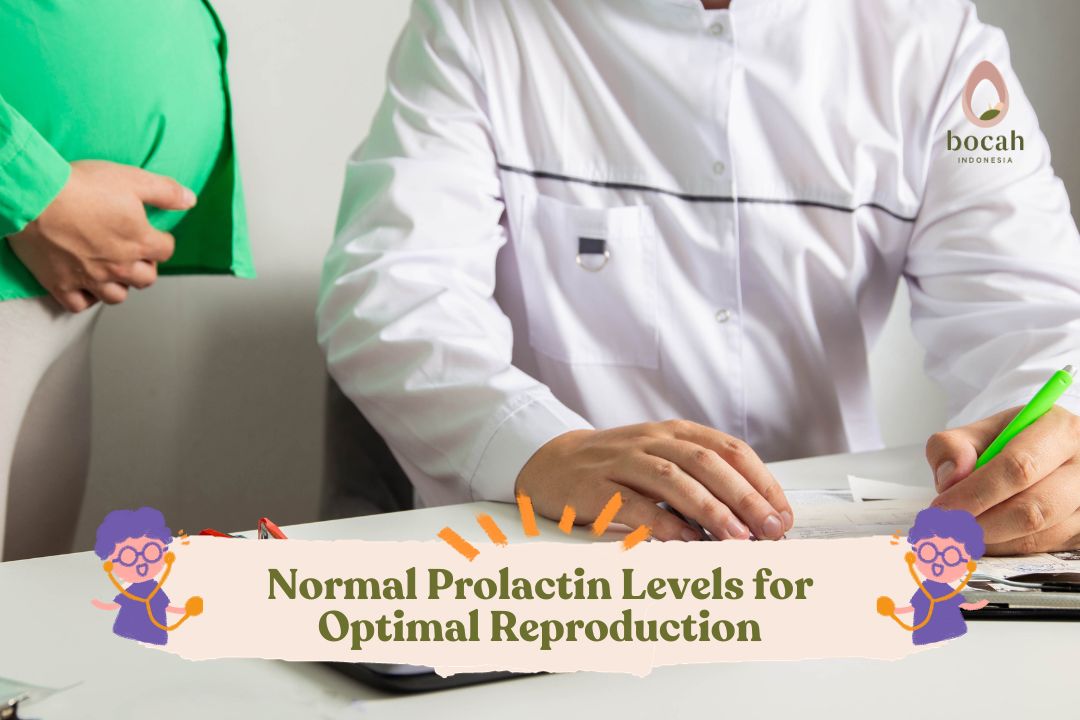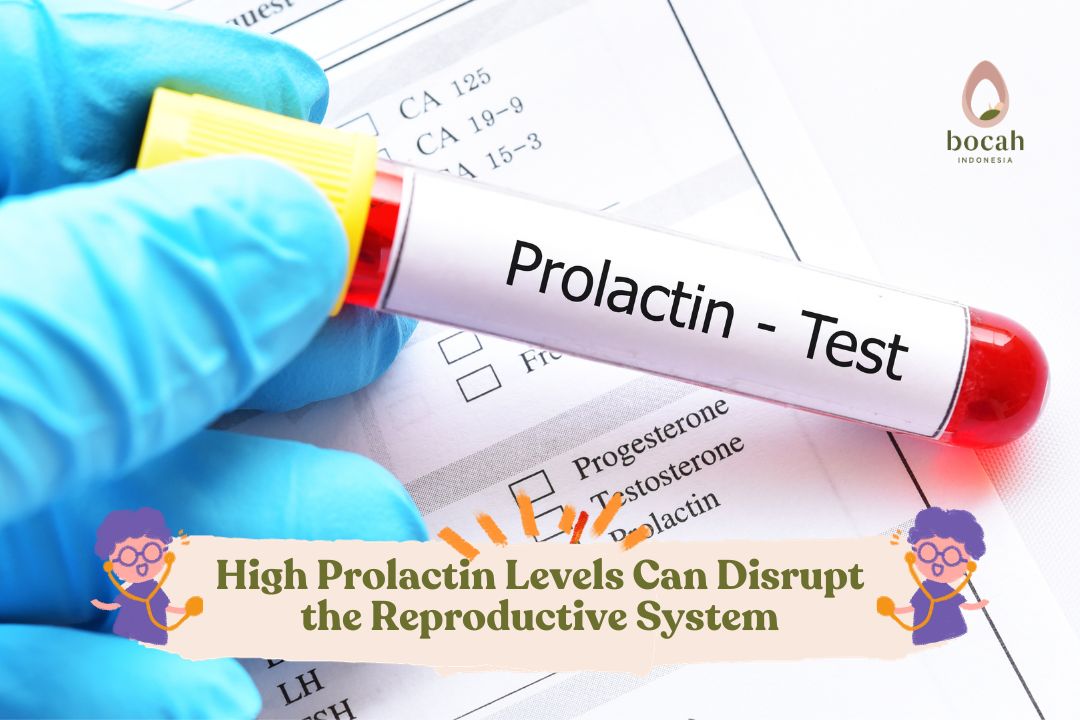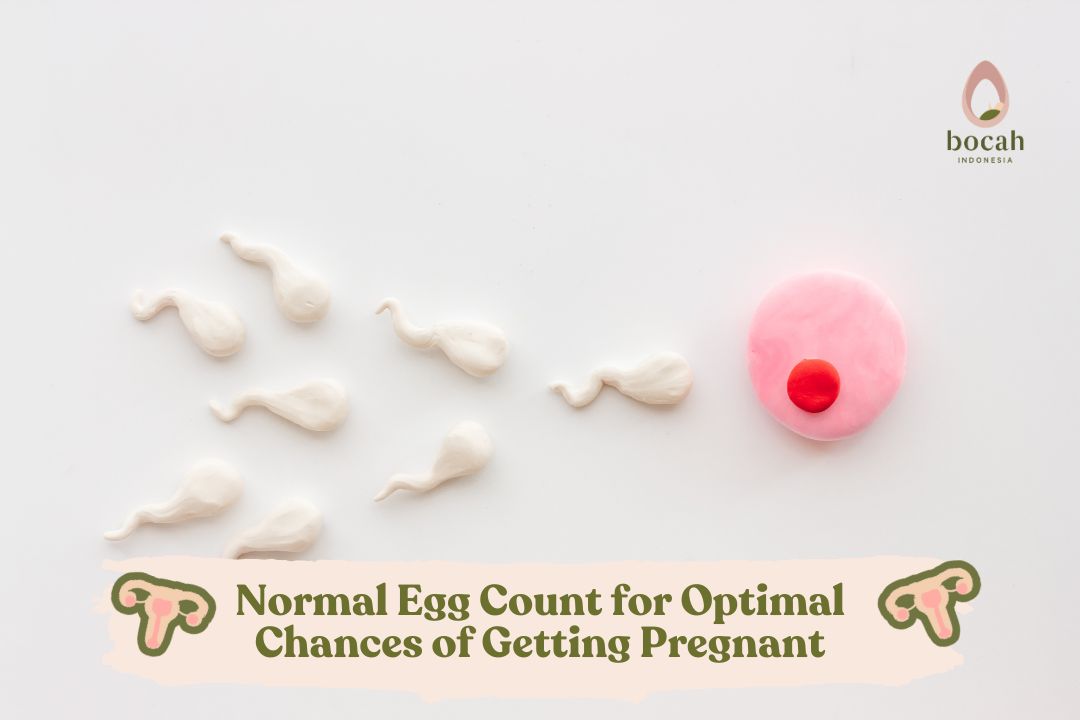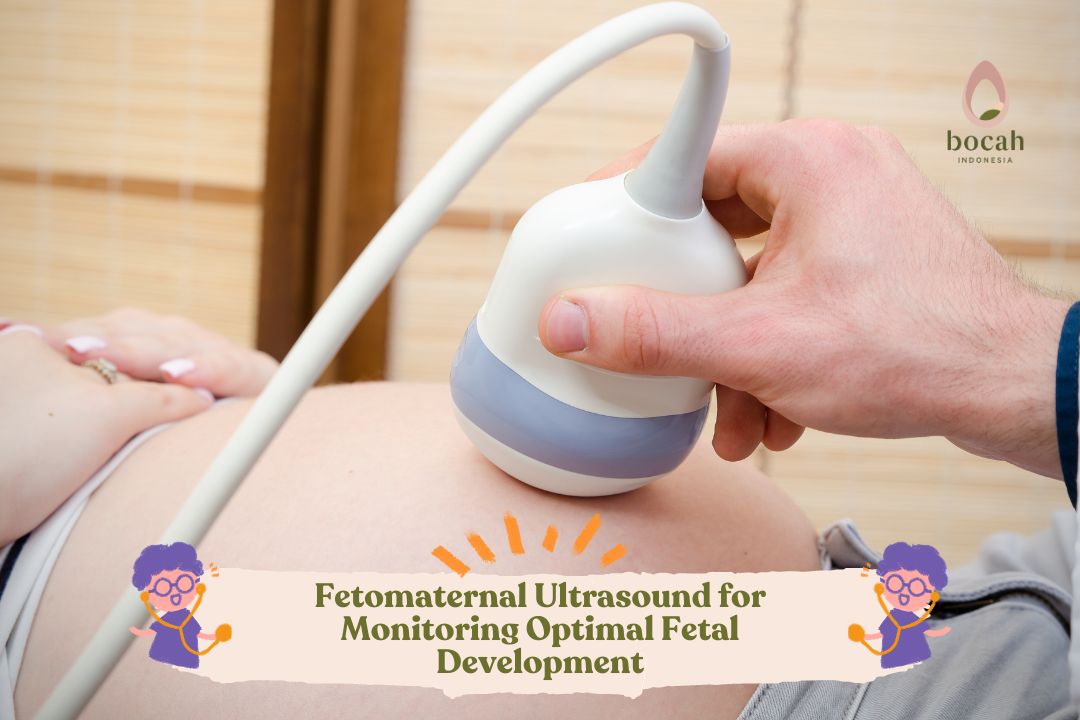Normal Prolactin Levels for Optimal Reproduction

The hormone prolactin is generally present in both men and women. The levels differ as their roles vary.
In essence, hormone levels in the body should be balanced. Imbalanced hormone levels can lead to health issues, including fertility problems. In women, prolactin hormone plays a role in increasing breast milk production. In contrast, in men, prolactin hormone is involved in sperm production.
This hormone is produced in the anterior pituitary gland, uterus, breast, fat tissue, prostate, skin, fat tissue, and immune cells. So, what is the normal prolactin hormone level?
Normal Prolactin Hormone Levels
The levels of hormones, including prolactin, in the body should be balanced. Excessive levels can lead to hyperprolactinemia, where someone has prolactin hormone higher than normal levels.
According to research conducted by experts from Campbell University School of Osteopathic Medicine and Cape Coral Hospital in NCBI Bookshelf, normal prolactin hormone levels in the blood are:
Tanya Mincah tentang Promil?
-
Men: 2 – 18 nanograms/milliliter
-
Women: 2 – 30 nanograms/milliliter
-
Pregnant Women: 10 – 210 nanograms/milliliter
In the case of someone experiencing hyperprolactinemia due to prolactinoma, their prolactin hormone levels can exceed 200 nanograms/milliliter. If this condition occurs, a magnetic resonance imaging (MRI) will be performed to identify the presence of a tumor known as pituitary adenoma.
How to Check Prolactin Hormone Levels?
Just like with other hormone tests, checking prolactin hormone levels can be done by taking a blood sample. This test is conducted to diagnose irregular menstrual cycles or fertility issues in women. Meanwhile, this examination is performed in men to diagnose decreased sexual desire or erectile dysfunction.
The test results will be discussed with the respective doctor. If a woman is undergoing the prolactin hormone test, consultation is done with an obstetrician and gynecologist (obgyn). If a man is undergoing the prolactin hormone test, consultation is done with an andrologist specialist. Usually, the examination is conducted at a fertility clinic or the nearest hospital.
How to Maintain Prolactin Hormone Levels in the Body
Basically, an increase in prolactin hormone levels during pregnancy and breastfeeding is normal. This is because prolactin hormone is responsible for milk production. The levels will decrease after childbirth or a few months after breastfeeding. However, this condition can also occur in women who are not pregnant or breastfeeding and in men.
Don’t worry; there are natural ways to maintain hormone balance in the body, such as:
-
Adequate sleep. Maintaining sufficient sleep can help the body’s cells function properly. This is because lack of sleep can pose a risk of hormonal imbalance in the body.
-
Regular exercise. Regular physical activity can also help keep hormones in the body balanced, you know. Exercise helps suppress ghrelin hormone, which stimulates hunger.
-
Choose suitable contraception methods. If prolactin levels are imbalanced due to contraception methods such as birth control pills, consult a doctor to choose a suitable contraceptive method.
-
Consult prescribed medications with a doctor. Some medications can pose a risk of excess prolactin, such as antidepressants, antipsychotics, or pain relievers. It’s advisable to consult this condition with a doctor.
-
Consume a healthy diet. Eating a healthy diet can also help the body maintain overall health and balance hormones. Foods that can be consumed include protein and healthy fats.
Now, parents, do you know how to conduct a prolactin hormone test? If your prolactin hormone levels are imbalanced, don’t worry, as this condition can be managed before determining the right pregnancy approach. Let’s get checked by a doctor!
Imbalanced prolactin hormones do not mean you cannot have offspring, by the way. This condition can be addressed before deciding on the appropriate conception method. Let’s get checked by a doctor!
This article has been medically reviewed by Dr. Chitra Fatimah.
Source:
- Al-chalabi, M., et al. (2022). Physiology, Prolactin. NCBI Bookshelf.
- Saleem, M., et al. (2018). Prolactin Biology and Laboratory Measurement: An Update on Physiology and Current Analytical Issues. Clin Biochem Rev. 2018 Feb;39(1):3-16.
- Majumdar, A., et al. (2013). Hyperprolactinemia. Journal of Human Reproductive Sciences 6(3):p 168-175, Jul–Sep 2013.









